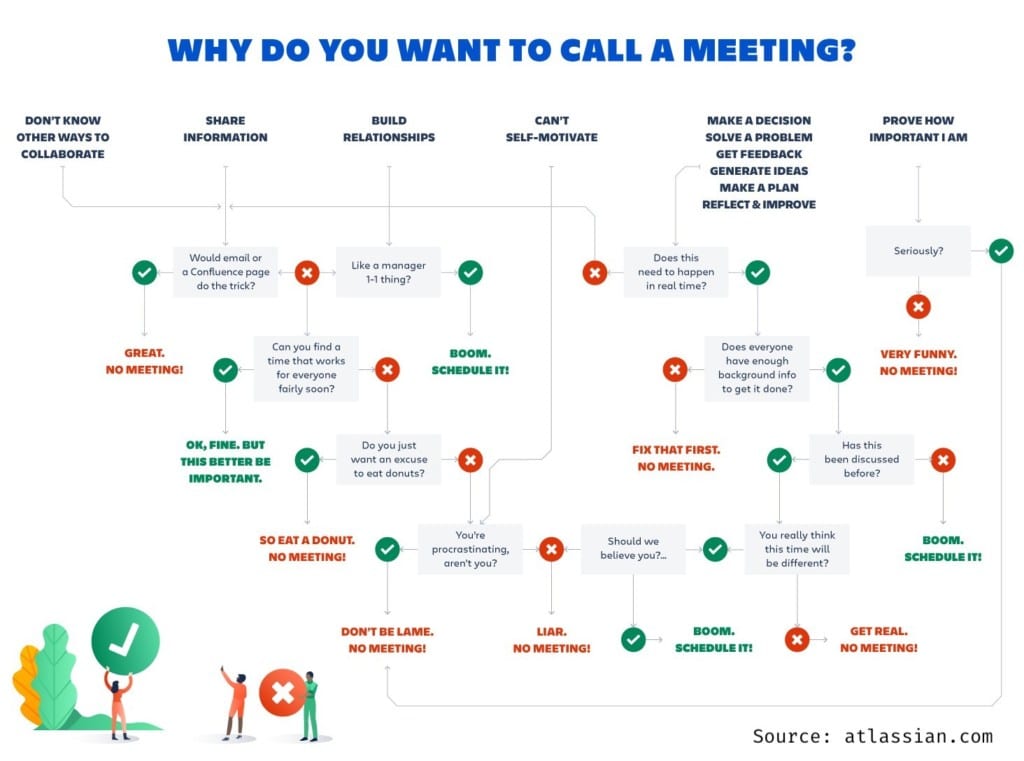This morning I was on a video conference where we were discussing a training session Time Management from the prior week. There were some very enlightening comments. The theme was not just about keeping focused on tasks but keeping a focus on ALL things important. We are all juggling things, kids, teaching, parenting, other family members, close relationships, and how they are dealing with life, clients, candidates; the list goes on and on.
What I mean by ALL things includes the most often forgotten entity in our lives, ourselves. So I thought a few reminders for all of us were in order.
If you are a person that is falling under the pressure of life, take a read and possibly apply some of these, you could find that the air is not thinner when the obstacles are moved from chaos to order.

1. Prioritize!
Most people think this means setting up a list from one to infinity and starting at one and getting through as much as you can before the day ends. I remember using my Franklin Covey planner and at the end of each day moving those things that did not get touched to the following day. What I found was eventually, some projects were continually moved until ultimately either it was no longer a priority or my back was against the wall, and I had to complete that task. This was the fallacy of prioritizing. When you prioritize, you have to do more than just looking at the things that need completing; you have to evaluate each task before putting it on the list. The list needs to become sacred.
- Is this an important task
- Is this a task that I have to do, can this be delegated
- Do I have everything needed to complete this task
2. Start Hard!
The alarm goes off; we stumble out of bed in search of a shower, we read emails, check Facebook, or grab a coffee. Maybe we have to get wee little ones up or walk our four-legged family members, so they don’t do unmentionable things inside the house. Whatever it is that you usually do “pre-coffee.” Often when we start our workday, we are tempted to knock off the simplest things to get in the “groove.” Some think this is not the most effective approach, and I agree. When you start your day, consider eating a frog!
What I mean is, instead of starting easy, try staring with a task that will be hard. If you start by knocking out that hard task first, since we are all most productive early rather than late, if we take that task head-on first, we will work that day without it looming over us all day! Talk about positive motivation!
3. Reward yourself!
Pavlov was on to something when he started experimenting with classical conditioning. For us, we can take it a step further by rewarding ourselves when we complete work tasks. This can and should motivate us to complete these tasks, making us look forward to completing our list, and this allows us the breaks we need to reset for the next job. In sports we do it, school, life in general, so why not at work. We are rewarding ourselves not just for the sake of a reward, but for being productive!
4. Life happens, set reminders!
In a moment of honesty, I bet you have hundreds of unread emails, calendars that have tasks conflicts, or missed tasks because you lost track of time, or decided you forgot to move the laundry…etc. Life happens; you are busy, so let technology help. Set text alerts; let this computer become part of the solution. Use Siri or Alexa, or whatever! Mobile apps can help link your life and let it be part of the solution.
5. Set a timer, and follow it!
Scott Wintrip taught me YEARS ago, a term that I have used FOREVER! Chunking. Set time limits to tasks, fully immerse yourself, and move on when time is up. In the eighties, it was called the Pomodoro Technique; in sports, it is called interval training. The concept is about creating proper focus and flow or getting the most out of a task and our day.
6. Skip the meeting!
We are working from home; we are reducing our commute, some of us are reducing the time spent getting ready for work (you know who you are!), regardless, it does not mean we have more time for meetings. Many of us have even less time, finding out we can start earlier and go longer. We are working longer hours without knowing it or feeling like it is worse because it’s not! The effectiveness of meetings is vital.
I worked at a company that had a standing weekly meeting, sounds reasonable right. But after many years, the meeting just reduced itself to discussions about things that should have been an email and demotivated those in attendance. If you are unsure if you should call that meeting, print this chart:

As my 15-year-old daughter puts it, “I had to realize that this is not a pause, life does not stop because of the quarantine. I needed to adjust my motivation”. We all need to understand that the changes today might not be forever, but instead of waiting for things to get back to normal, we need to adjust what normal is and get motivated.
Time management is forever; if we don’t get a handle on it, we will always feel like we can be more productive, which takes a toll on our self-confidence and well-being. This creates obstacles that just slow us down. Focus, move forward, and follow-through, and we can all be the “best” us that we can be!




Leave A Comment